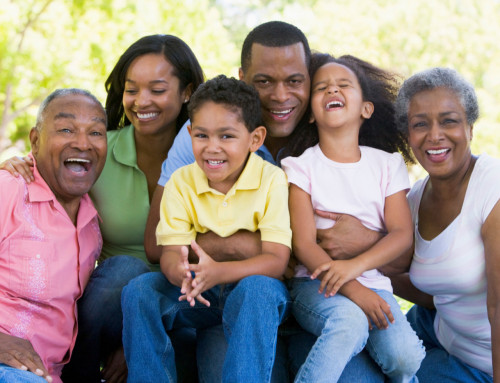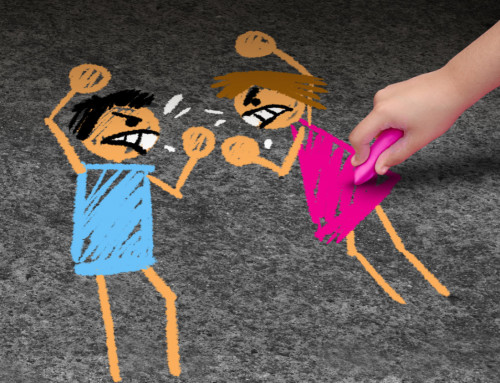Last week an attorney who practices family law pressed me repeatedly to agree with her that you should expect conflict even in collaborative law proceedings. I hesitated to agree, even though I’m often confronted with couples who are having disagreements as I work with one spouse or the other in the collaborative process.
I hesitated because I wasn’t sure in what context the lawyer was using the word “conflict.” It felt to me like she was talking about the conflict typically experienced by attorneys, which is viewed by many as a positive way to truth and justice. This idea dates back to the 16th Century when English courts were first used to determine the outcomes in divorce cases, a practice that was passed down to America as it was colonized.
In court, the way we decide whether to imprison someone accused of a crime is through a relatively violent clash of two opposing stories. The lawyer representing the state makes the accusation of a crime and has the burden of proof. The accused defendant attempts to prove a different set of facts, while tearing away at the evidence presented by the state. From this clash of opposing stories and evidence, a jury is called upon to decide the “truth” and render a verdict of guilty or not guilty. This process is the “adversarial system of justice.”
However, this is not the only system for deciding guilt or innocence. European and Scandinavian countries use a very different method. Likewise, this type of “conflict” generated by the adversarial system is not part of collaborative law proceedings. In fact, the collaborative process originated 30 years ago precisely to avoid this type of conflict.
So my response to this attorney, who practices family law but infrequently engages in collaborative law proceedings, was that I frequently experience disagreements in the collaborative process. However, collaborative law helps couples navigate through their disagreements as amicable and fairly as possible. Collaborative law focuses on the future, not the history that has led to getting a divorce. So I don’t agree that “conflict” (as it is generated in the adversarial court system) is part of the collaborative process.
I’m not sure she understood me because “conflict” is so common in traditional family law, while collaborative law—even though 30 years old—is still gaining traction.



